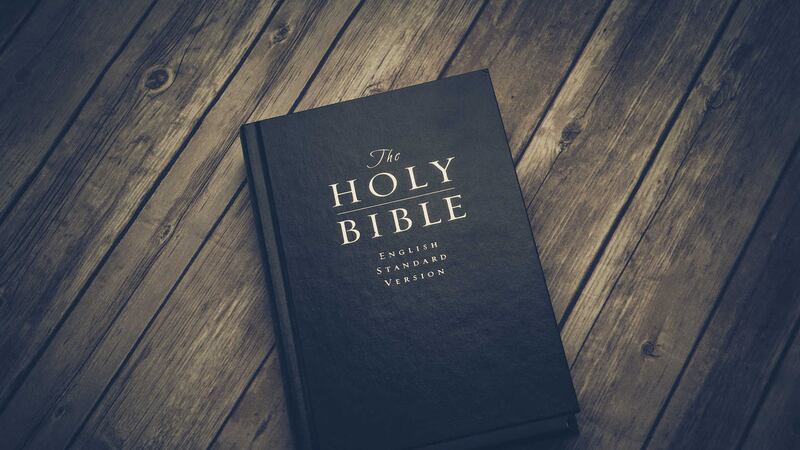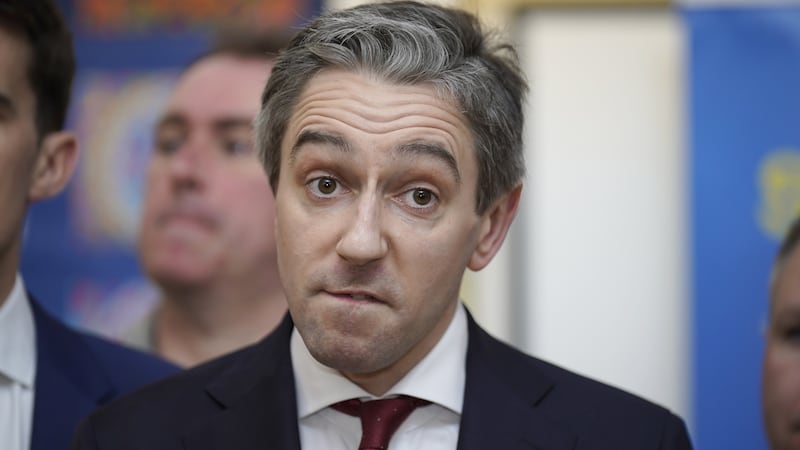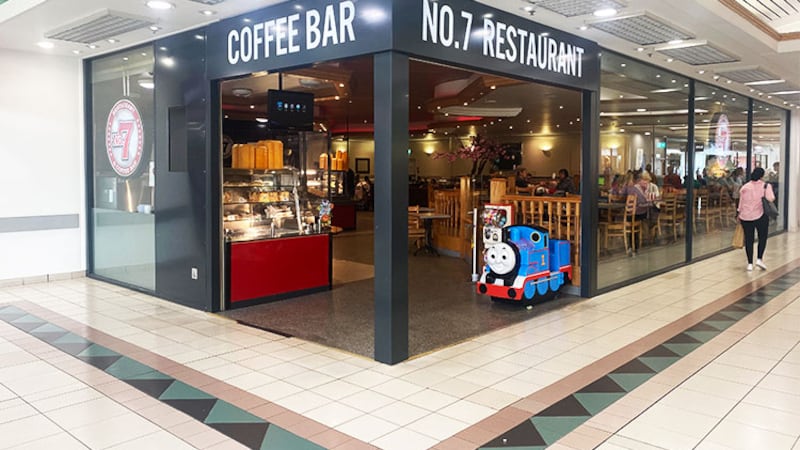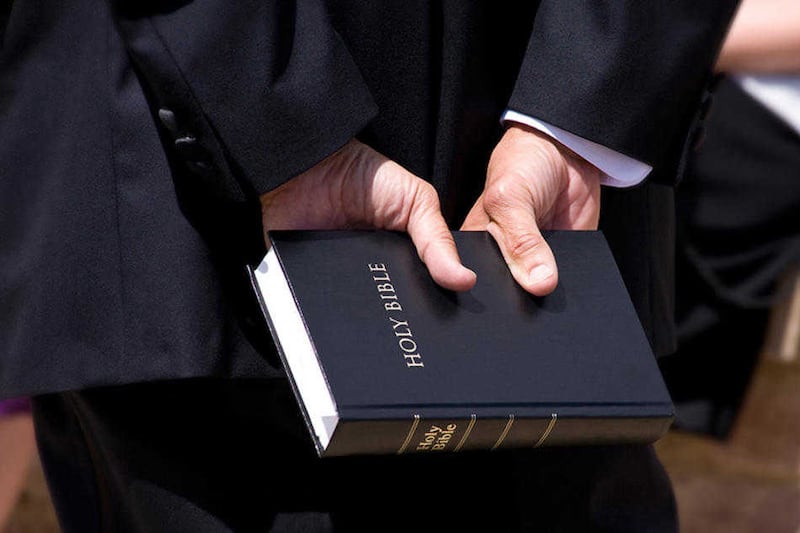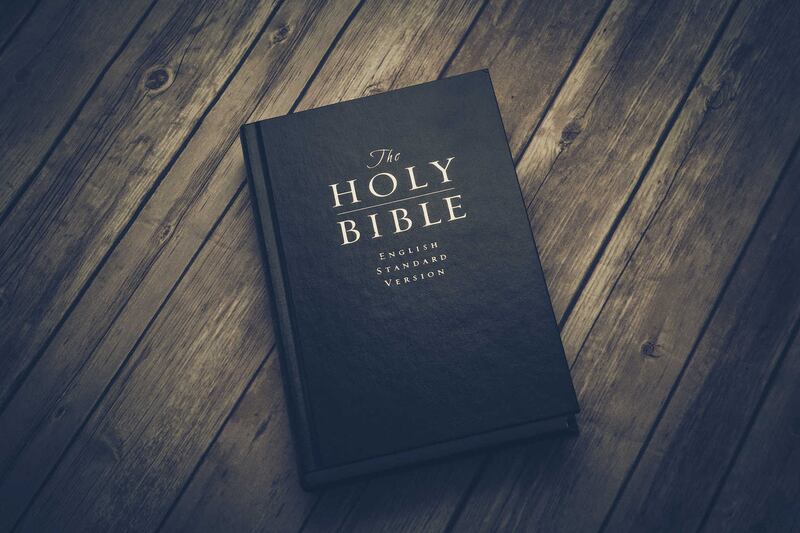The recent survey indicating that Christians are outnumbered by the non-religious covers only England and Wales but, although Northern Ireland is still the most religious part of the UK, the trend here is in the same direction.
According to the 2011 census, 10.1 per cent ticked ‘no religion’ and a further 6.8 per cent were ‘not stated’. In total this represents no fewer than 300,000 people, though it underestimates the non-religious because many tick a particular denomination for cultural reasons. The decline is also seen in weekly Church attendance, down from two-thirds of adults in the late 1960s to only one third today.
Most Christians will decry this growing secularisation, but arguably it will benefit the society in a number of crucial ways. Democratic states that are the most secular, such as in Scandinavia, Japan, Australia and the Netherlands, are faring much better on nearly every single indicator of well-being than the most religious states, such as Colombia, Malawi, Pakistan and the Philippines.
The Save the Children Foundation, for example, publishes an annual Mother’s Index wherein it ranks the best and worst places on earth in which to be a mother. And the best are almost always the most secular states, while the worst are among the most devout.
The Institute for Economics and Peace publishes an annual Global Peace Index and, according to its 2014 rankings, the most peaceful states on earth, such as Iceland, Denmark, Austria and Finland are almost all among the most secular, while the least peaceful, such as Syria, Afghanistan and South Sudan are among the most religious. Largely secular Europe, with 14 of the top 20 most peaceful nations, is the world’s most peaceful region.
Murder rates are also lower in more secular countries. Of the top 50 safest cities, nearly all are in relatively non-religious countries. Denmark and Sweden, probably the least religious countries on earth (less than a third of the population), enjoy among the lowest violent crime rates and the lowest levels of corruption.
Indeed, in terms of outlook and values generally, atheists and agnostics, when compared to religious people, are less likely to be nationalistic, racist, anti-Semitic, dogmatic, ethnocentric, and authoritarian. Secularism also correlates to higher education levels and to support for women’s rights and gender equality, as well as gay and lesbian rights. Religious people are more likely to support government use of torture.
Christians, Muslims and other faith groups should take note of these findings. Millions of people throughout the world are good and thriving without God and our numbers are growing every day. Imagine there’s no heaven. It is easy if you try.
BRIAN McCLINTON
Lisburn, Co Antrim
Vocation crisis a reality bite for Catholic Church
The questioning posed in Faith Matters (June 2) over the current vocation crisis covers the same old ground which has already been covered ad finitum without coming to any solution and is exemplified by the comments of Fr Hoban and the ‘Mercy nun from Roscommon’.
What clearly is the matter is a crisis of faith. A faith in the Church, in the individual Catholic and their possessing a confidence in the transmission of the truth and until that inadequacy is addressed, the malaise will continue. How many children and indeed adults can stand up and give an confident apologia to their faith if asked to do so?
When one looks at certain dioceses and religious houses, especially those in Lincoln and Omaha in the US, we see vocations steadily increasing and attracting many young people, who seem to be thirsting for a more expressive, authentic identification with faith.
Where there is orthodoxy in faith and an upholding of the Church’s teaching office and tradition together with the sure foundations of a healthy Eucharistic and Marian spirituality, the trend seems to be bucked.
The Irish philosopher, Mark Dooley recently remarked in his book Why be a Catholic? that there needs to be an individual openness to the beauty of holiness in order to accomplish the reign of God’s kingdom on earth. The recent spectacle of Catholic school girls lying on graves in a Belfast graveyard as well as the continual assault by political “Catholic” apparatchiks, north and south upon the family and the unborn illustrates Dooley’s thesis well.
Like that, Pope Francis argues that wherever, the Gospel is met with joy and a desire to bring Christ genuine vocations of a committed laity and a holy priesthood/religious life follow.
In recent findings of three Eucharistic miracles in Argentina and Poland (1998, 2008 and 2013) showed that the hosts had become part of the human heart, with a blood type AB and were under extreme stress, thus we must all grasp the need for personal reformation towards such divine pleading and in doing so give an answer to the query posed in Faith Matters.
JDP McALLION
Clonoe, Co Tyrone
Deliberate elision
Sinn Fein’s latest overture (Matt Carthy, June 6) concerning new transitional models doesn’t mention republicanism and talks only of a united Ireland. A united Ireland in this context is a deliberate elision that can mean anything. Neither Wolfe Tone nor the 1916 leadership were fighting for a united Ireland per se, Ireland was already united under the Crown, they were fighting for a 32-county Irish republic.
It is not surprising that the Provisional movement who told us the path to Irish freedom lay through conceding the unionist veto, reviving Stormont, endorsing Her Majesty’s constabulary as lawful authority and internalising British constitutional constraints such as the triple-locked border poll are attempting to lure us further into a British orbit by suggesting that a so-called ‘Agreed’ Ireland (where Britain stays and the Irish agree to it) can attain some degree of equilibrium, if not moral ascendancy, over the democratic and republican principles inherent in a 32-county republic.
The Provisionals are attempting to redefine Irish republicanism and modify the concept of Irish unity to conform to the limitations of its leadership and their inability to devise a strategy that would bring the republican project to a timely and successful conclusion.
The 1916 Societies believe that genuine republicans don’t reconcile themselves to the UK parliamentary claim to sovereignty in Ireland or its contrived vanguard the unionist veto. Nor do they concede, as the Provisionals have done, the political and moral legitimacy of the “differences carefully fostered by an alien government”.
Making Ireland British is an English project – keeping Ireland British can never be a republican one. The republican concept of reconciliation lies in reconciling all Irishmen to the democratic ideal of equality and the republican concept of majority rule tempered by a protection of minority rights. Rights as Irish citizens, not as wards of a foreign power. The process of genuine national reconciliation can only begin when Britain leaves Ireland and can no longer meddle in our internal affairs.
JOHN CRAWLEY
Clones, Co Monaghan
Pussyfooting never works
The authorities can go on playing snakes and ladders with paramilitaries but it will never work until they get into the deceit-infested gardens and take the weeds out, whether it is Ardoyne, Turf Lodge, New Lodge, Lenadoon and the host of other places in Belfast and Derry. These are ‘badges’ of convenience and criminality.
Semantics and pussyfooting with these killers will never work. Everybody knows who the violent men and woman are – so, it should be easy.
LAURENCE McCLEAN
Belfast BT12
RTE’s ‘Irish’ directive
While the nation revels in the exploits of the two football teams from this island, I note that, while I expect nothing less from the local BBC /UTV coverage, I am somewhat surprised that bosses RTE seem to have clearly directed their pundits and commentators to avoid using the word ‘Irish’ in any context when discussing the side north of the border.
MARTIN KEENAN
Belfast BT11
